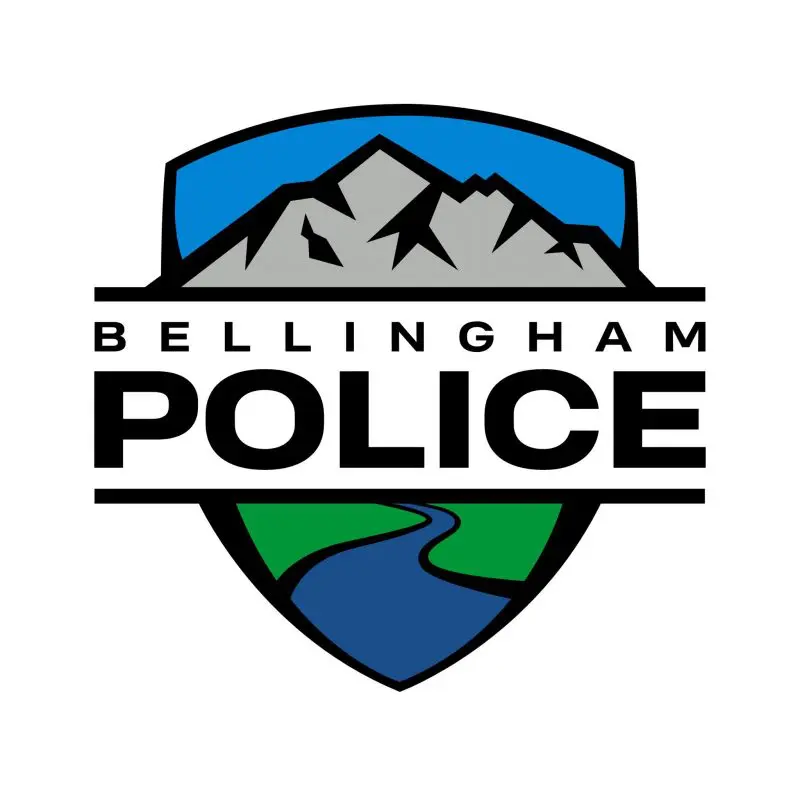In an emergency, call 911 or your local emergency number immediately from any wired or wireless phone.
An emergency is any situation that requires immediate assistance from the police, fire department or ambulance. Examples include:
- A fire
- A crime, especially if in progress
- A car crash, especially if someone is injured
A medical emergency, such as someone who is unconscious, gasping for air or not breathing, experiencing an allergic reaction, having chest pain, having uncontrollable bleeding, or any other symptoms that require immediate medical attention
Important: If you’re not sure whether the situation is a true emergency, officials recommend calling 911 and letting the call-taker determine whether you need emergency help. Provided by 911.gov
To assist the dispatcher please review the following.
When calling 911 in an emergency:
- Give the complete address where you need help.
- Tell 911 what the problem is – why you need help.
- Try to remain calm and speak clearly.
- Let 911 guide the conversation.
- Do not hang up until 911 directs you to do so.
Please do not call 911 and:
- Ask for the non-emergency number or another police department’s number.
- Hang up. If you do, you will be called back and police may be sent to your home.
- Report that the power is out at your home. Call your utility provider.
- Ask for a weather report or road status.
Calling 911 from a cell phone:
Static and interference on the line can make it difficult to clearly understand the caller and can lead to missed information. Please be patient if 911 asks you the same question more than once.
Over 30% of phone calls to 911 are accidental dials. Cell phones are not toys – never give a cell phone to a child to play with. Even cell phones with no service will still call 911 as long as there is a battery in it. Take care in how you carry your phone. If any one number is pushed too long on a cell phone, it will automatically call 911 and tie up an emergency line.
Contacts

